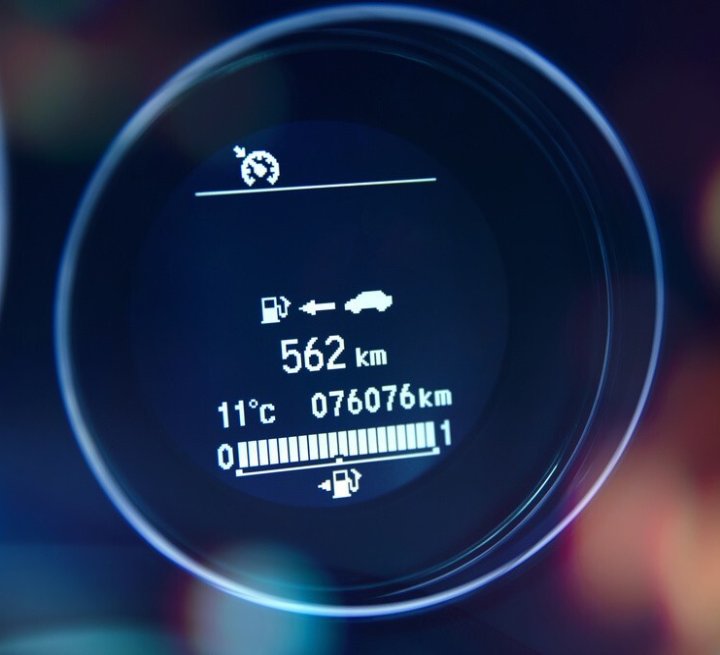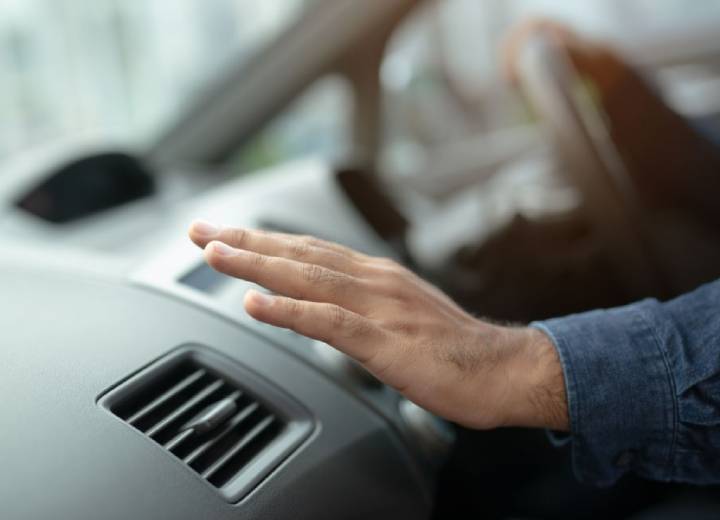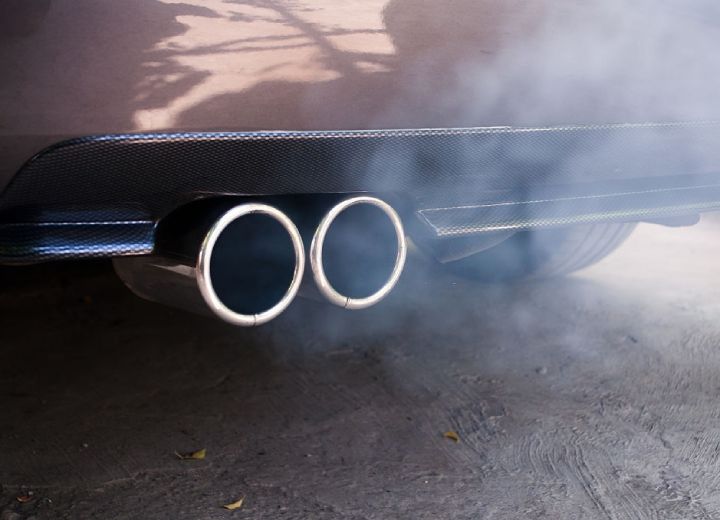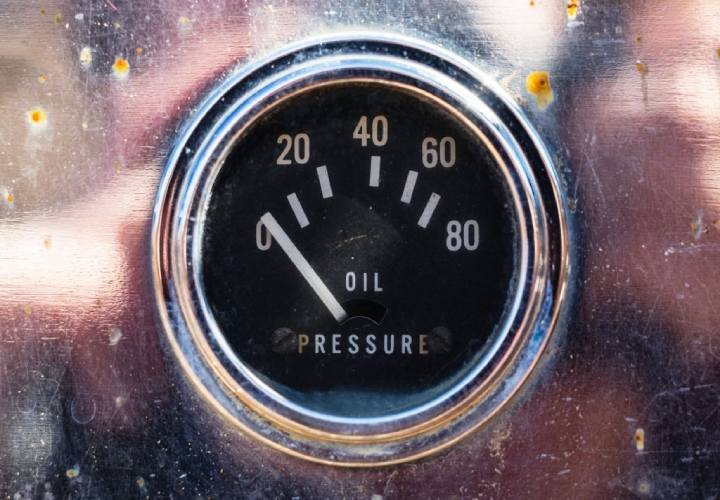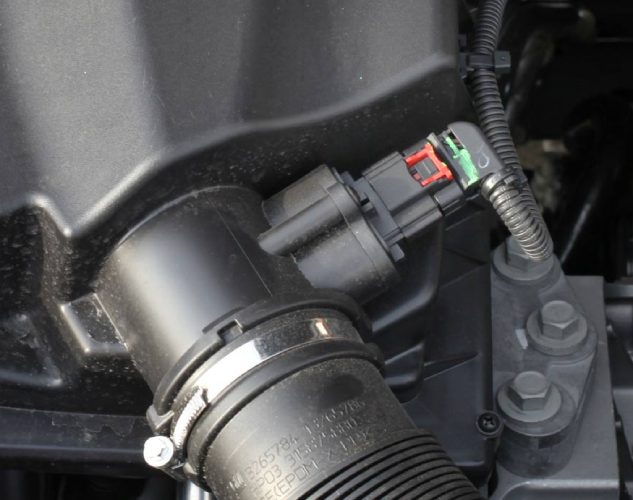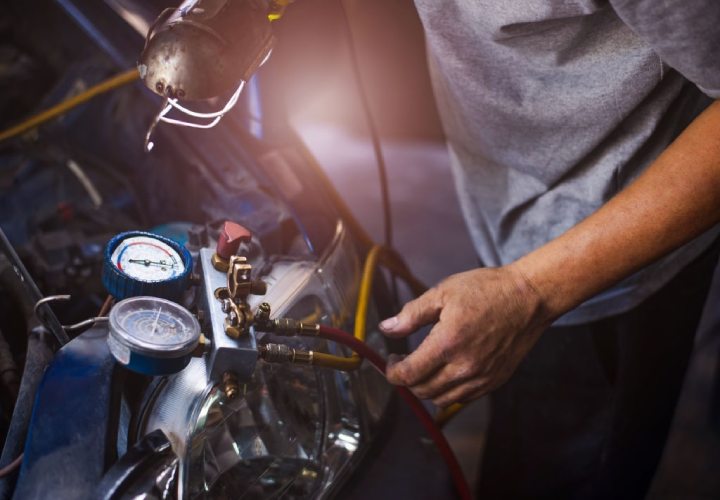A blocked air conditioner compressor could make starting the engine challenging or impossible. The AC compressor is comparable to a little engine. It might compress the refrigerant using a mechanism analogous to an engine cylinder and feature chambers that resemble engine cylinders.
If your compressor is seized or broken, trying to start it can be like trying to start both your engine and another engine that is seized. The clutch on the air conditioner compressor is another potential culprit. The clutch lets the compressor pulley spin freely when the air conditioner is not in use.
If the compressor cycling switch is consistently powered, but the compressor isn’t being disconnected because the clutch is seized and won’t move.
What does the AC compressor in a car do? The power source of the air conditioning system, the compressor, pressurizes the refrigerant before sending it to the condenser, where it is changed from a gas to a liquid state. The air conditioning won’t function as well without the compressor.
What Happens When an AC Compressor Fails?
Less air will emerge from the vents when your ac compressor fails, and that air may be warm. The system may also run continuously without cooling your car. To stop such a failure, you must comprehend what occurs when your AC compressor fails.
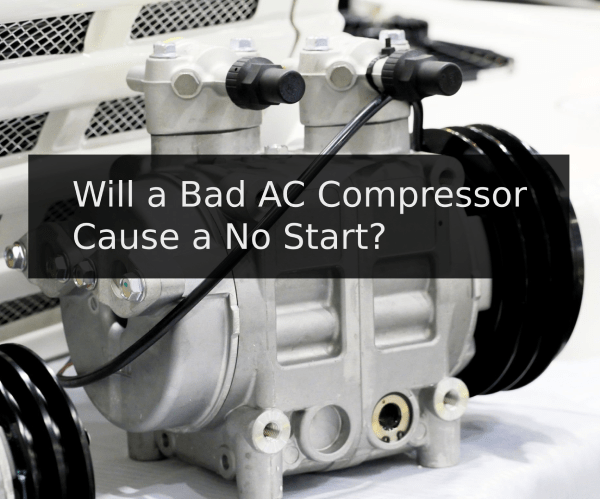
The refrigerant must first be compressed for the AC compressor to pump the refrigerant through the cooling system and remove heat and humidity from the air. Due to the compressor’s ability to pump refrigerant, similarly to how your heart pumps blood, it is frequently referred to as the heart. The compressor is, unsurprisingly, one of the AC system’s most reliable components.
As a result, for the course of the AC unit’s lifespan, it doesn’t need a lot of maintenance to run at peak performance. But if it does, your entire AC system will likely stop working.
If your AC compressor breaks down before it should (usually 10 to 20 years), it’s probably because of another problem with the AC system. The most frequent cause of AC compressor failure is an underlying problem straining the system.
Understanding this is crucial since it implies that AC compressor failure is avoidable! You can avoid failure by identifying and resolving the problem stressing your AC compressor. Additionally, the new compressor will probably malfunction if you replace the compressor but fail to address the root problem.
What are the signs and symptoms of a bad AC compressor?
When the car’s air conditioning system starts to fail or wear out, the symptoms of a broken AC compressor will warn the driver, and sometimes a fault code might show up on the OBD reader. Because it is responsible for pressurizing and circulating the refrigerant, an issue with the AC compressor will negatively affect the entire air conditioning system.
Since the signs of a faulty AC compressor are obvious, determining whether it is bad or not is much easier than you might have anticipated. When your car’s AC compressor is malfunctioning, you can notice the following symptoms. Your ability to diagnose your car will improve if you pay attention to these symptoms.
Temperatures in the cabin are higher than usual
The AC is no longer blowing as cold as it once did, which is one of the first symptoms of a faulty AC compressor. The AC won’t work correctly if the compressor is damaged or failing since it won’t be able to control the refrigerant flow in the system.
As a result, you might notice that the temperature inside the car rises and the AC is blowing hot air. There are three potential causes:
- A low refrigerant level.
- A refrigerant leak.
- A faulty AC compressor
When running, the compressor makes a loud noise
As it starts and stops operating, the heating, ventilation, and air conditioning (HVAC) system creates some noise. But a loud noise that appears when the air conditioner comes on is yet another potential indicator of a faulty AC compressor.
The AC compressor rotates on a sealed bearing and has various parts. Various noises could be produced if any of the internal components fail or the compressor’s inner bearings lock up. The best solution is to replace the AC compressor completely.
Leaks Moisture
Most folks who ask what a bad AC compressor sounds like are unaware of the AC compressor’s moisture leaks. If your air conditioner runs out of the chemical that turns warm air into cold air, it will continue to pump warm air.
Compressor Clutch Is Stuck
The compressor’s clutch enables the pulley to connect to and disconnect from the engine’s power so that the compressor only turns when necessary.
If the clutch fails, the compressor will no longer be able to receive engine power. The clutch keeps the compressor activated. In this case, the mechanic will assess the compressor clutch’s severity before deciding whether to replace the compressor as a whole or just the clutch.
Replacing the compressor clutch will be cheaper than replacing the compressor itself.
Poor suction lines
The AC system’s refrigerant line could clog if the compressor stops working, causing the car’s interior to circulate heated air. You can remedy this problem by taking your car to the technician.
A damaged wire
During routine maintenance, any damaged wiring could be discovered. It indicates that the AC compressor is failing. Damaged wiring poses a severe risk to public safety because it can easily spark an electrical fire.
Will a car start without an AC compressor?
Even though the AC compressor is an essential component of a car, it can work fine without an AC compressor if you are comfortable without an AC in your car. The free-spinning AC pulley is connected to a clutch. It will spin whenever you want before you turn the air conditioner on.
So even if the clutch is malfunctioning, you can still operate your car. However, if your AC compressor malfunctions, you won’t have cool air from your vents. The compressor clutch allows the compressor to engage and disengage from the engine power so that it only spins when necessary.
Can a bad AC compressor cause a car to stall?
The engine provides power to the air conditioning system, just like it does for many other components of your car. The engine may be under a lot of pressure due to this. Therefore, it may result in overload or malfunction if not controlled.
The IAC (idle air control) valve control of the idling rotational speed illustrates this. Due to its purpose, it is also known as the idle air sensor control motor. In a fuel injection car, the valve controls how much air bypasses the throttle plate, adjusting the idle speed as appropriate.
Engine stalling or poor idling can be caused by IAC problems such as buildup. If the engine isn’t functioning properly, it might not be able to handle the load.
How much does a new AC compressor cost for a car?
The parts required to complete the repair might make changing an AC compressor difficult. Depending on the car you drive and where the compressor is located on the engine, this can vary quite a little. Other components should always be replaced with the compressor when serviced and the compressor itself.
It’s also crucial to remember that the entire AC system’s pipes and components will need to be thoroughly cleaned of pollutants if your compressor experiences internal failure. Failure to do this will result in another failed compressor since the same pollutants will harm the new compressor.
Any car’s AC compressor is an important part, as replacing it won’t be cheap.
The typical cost of replacing a car’s air conditioning compressor is roughly $1,100. However, where you live, labor and part prices can differ significantly. The parts can cost between $650 and $840, while the labor can cost anywhere between $160 and $200 on average.
References
Why does my car stall when I turn on the air conditioner?
What Does an AC Compressor Replacement Cost?
Every since I was a little boy, I can remember spending the afternoons in my dad’s repair shop. I got my first car at 16 and it was the best feeling ever!
I have contributed to various automotive publications but decided it’s finally time to settle for something constant.

